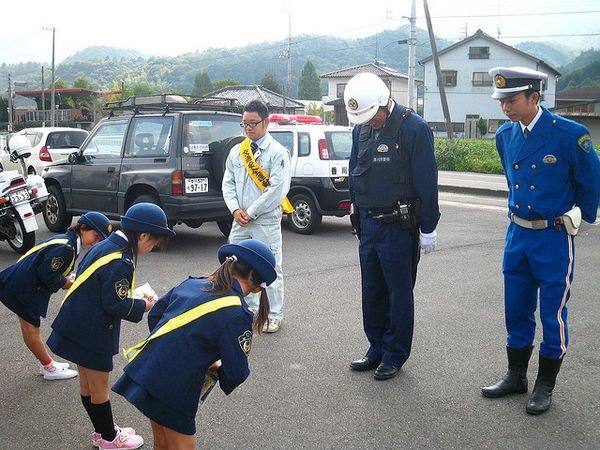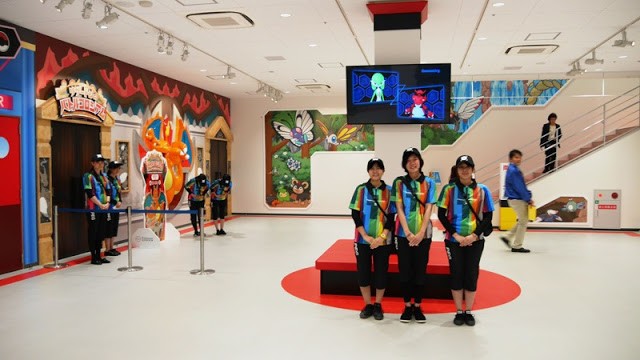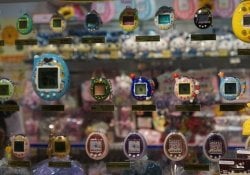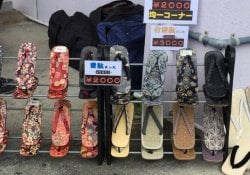Working in Japan is associated with norms, customs, formal language, wearing uniforms and policies that are unique to the country. The Japanese work is highly acclaimed by visitors and long-term residents who live there.
However, differences in work customs can lead to culture shock and, in some cases, negative experiences. On the customer side, they are treated like gods, Japan has the best customer service in the world.
The following are some important things about the work and care in japan, whether in konbinis, shops and restaurants and even in some factories.
Índice de Conteúdo
japanese customer service Keigo
Teams are usually required to speak a polite form of Japanese, which is called Keigo by customers. It is a respectful form of language that tends to use ultra-long words and phrases.
Employees are trained to repeat certain steps to greet each customer and to deal with common situations.
This can be a challenge if you're new to learning Japanese, as many of the phrases you'll hear in restaurants and stores are complex phrases that are spoken at high speed.
The good news is that these are mostly rhetorical statements, which do not require the customer to respond. For example, stores will welcome customers with an Irasshaimase! This means welcome and does not require any response.

Professionalism Vs Friendliness
In Japan, good work is associated with professionalism rather than friendliness. This means that staff are taught to maintain a professional distance. For example, clients who ask personal questions may be disapproved of by the professional.
As a result, it is somewhat unusual for staff to strike up a small conversation or attempt to establish a personal relationship with customers. It is also unthinkable in Japan for professionals to discuss their personal lives in front of clients. You can find friendly staff in Japan, but professionalism is the focus of efforts.
Loudness
The use of voice is also necessary. For example, store clerks are typically trained to shout, mostly with greetings to show their enthusiasm and spirit their genki spirit.
In a retail environment it is somewhat common for professionals to use megaphones to promote sales and to welcome customers.
The article is still halfway through, but we recommend also reading:
Sumimasen
It's perfectly polite to yell Sumimasen, a Japanese term for “excuse me”, in a crowded restaurant when you need to be served. This represents a different model of service whereby customers request service rather than waiting to be noticed.
As a result, it is unusual for staff to have to wait while they actively monitor the current status of the establishment. The word Sumimasen can also be used to request a service from a store.

uniforms
Uniforms are almost indispensable in the Japanese working class, except in stores that are linked to fashion. This is one of the aspects that most please Japanese and foreign customers. In many cases, even small street vendors also wear uniforms.
Custom Orders
It is not so common for people to request personalization of dishes in Japanese restaurants. People would normally be surprised if you asked for a change or replacement on the plate, some even reject this type of request.
Omakase
Omakase is a tradition of letting the restaurant recommend a dish and at a mystery price. This is based on trust and usually works well.

Running
One of the notable aspects of Japanese work is that teams tend to be fast and this can work sometimes. For example, you might see workers rushing to open a new cash register when a line of two or more customers forms.
bow
If you make a purchase at a small clothing store, the person who greets you will take you out of the store, hand you your purchase on departure, and refer you as soon as you leave. There is no need to reciprocate these referrals.
service items
In some cases, a small restaurant or coffee shop will give you something for free. They call it "service". This is reasonably rare to happen, but it does happen. Usually a small dessert or discount coupon.







